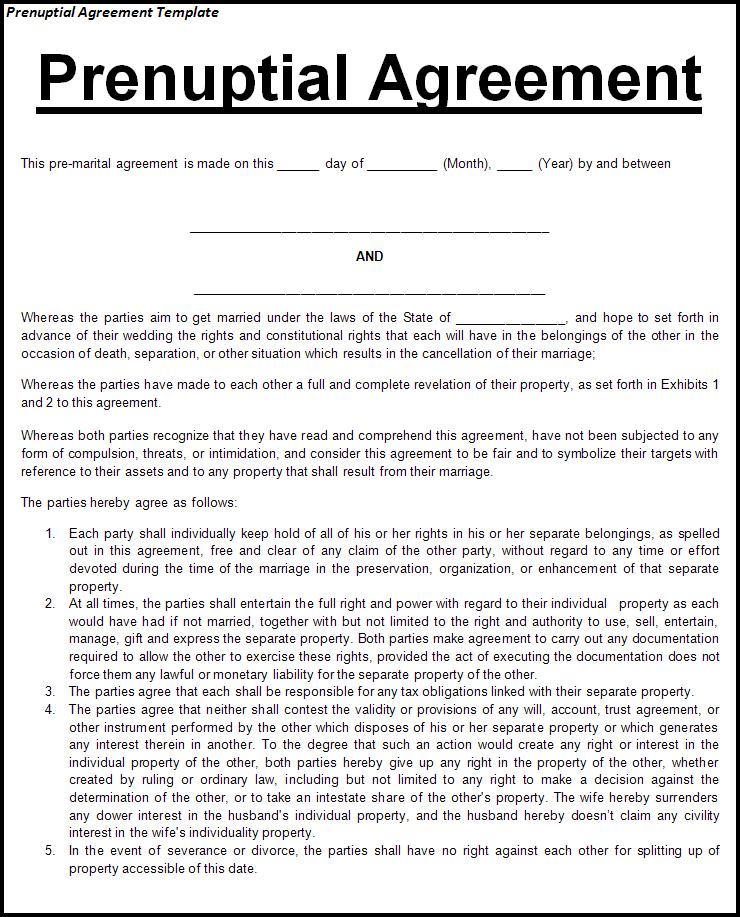If there are children from a prior relationship, they may not inherit when their parent dies without a premarital agreement. The laws of inheritance give preference to a surviving spouse. Even if a will exists, the law still gives preference to a spouse. The best way to make sure that children can inherit is to write a prenuptial agreement. When one spouse owns a business or a portion of the business in which they receive significant income, it may be desirable to make certain that the new spouse can't receive a portion of the business in a divorce. It can be devastating to the business to have a person own a business when they are not qualified to run the business. It can also be very difficult for one spouse to suddenly work for an ex-spouse.
Another group of people who should have a premarital agreement are people who are religious and whose religion offers a religious termination of a marriage. Catholics, Muslims, and Jews can all obtain a religious decision that a marriage is terminated or never existed. Some people will want both a secular divorce and a religious divorce or annulment. Anyone in this group can benefit from a premarital agreement because an agreement can make a religious termination occur without a fight and at minimal cost.
Another group of people who should have a premarital agreement are people who are religious and whose religion offers a religious termination of a marriage. Catholics, Muslims, and Jews can all obtain a religious decision that a marriage is terminated or never existed. Some people will want both a secular divorce and a religious divorce or annulment. Anyone in this group can benefit from a premarital agreement because an agreement can make a religious termination occur without a fight and at minimal cost.
Premarital agreements can successfully protect against these problems and others. Consulting an experienced family law attorney before getting married can eliminate problems and fighting when the marriage terminates.

.jpg)